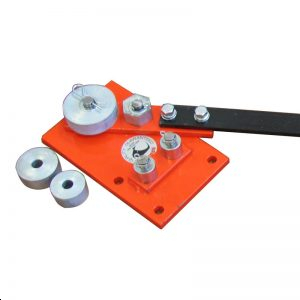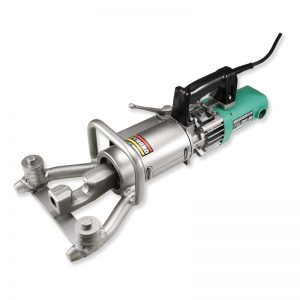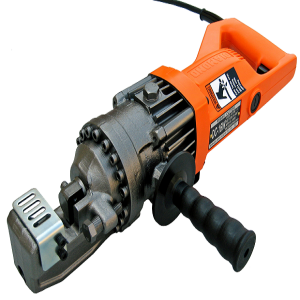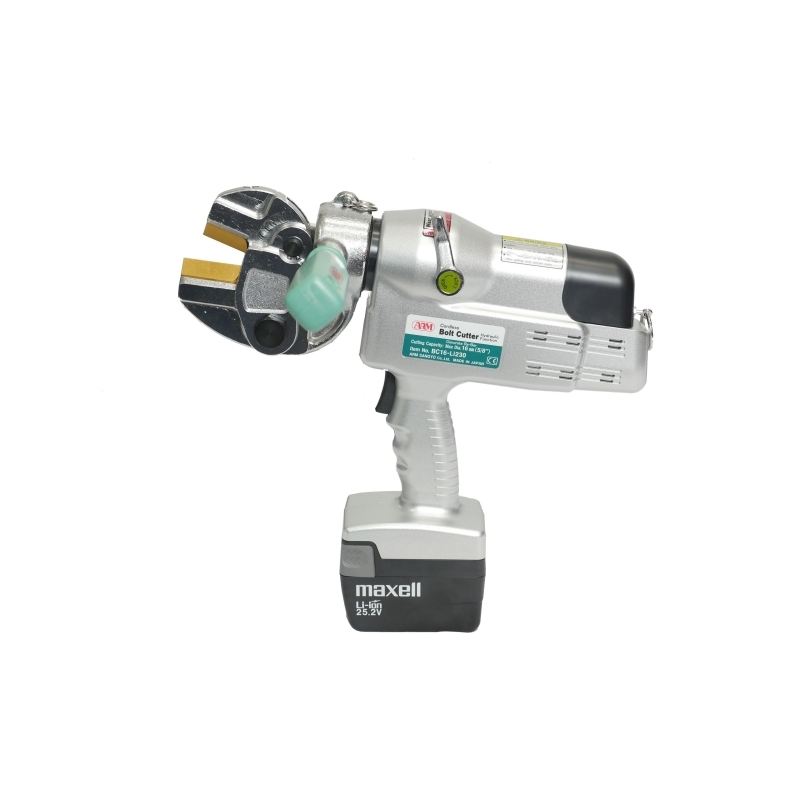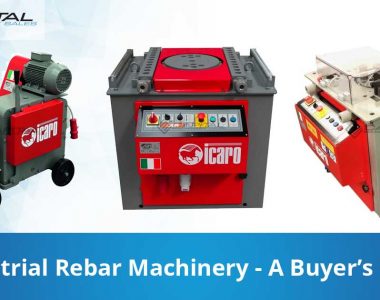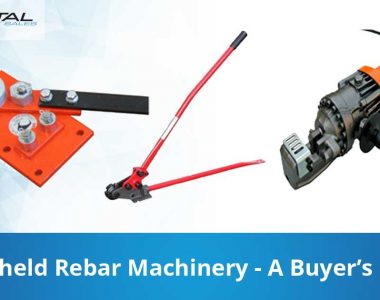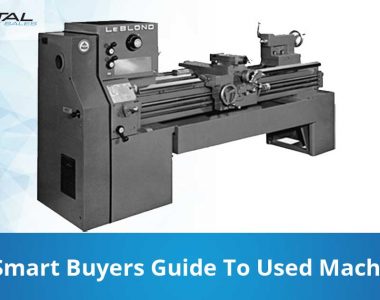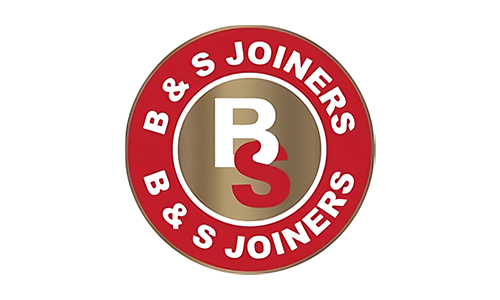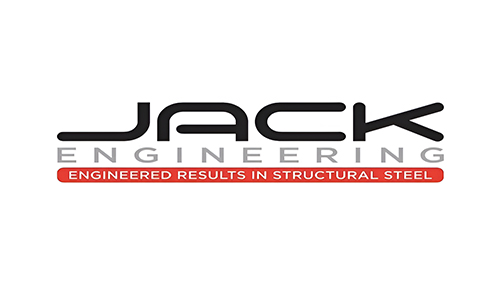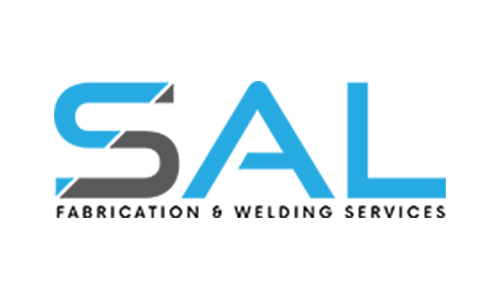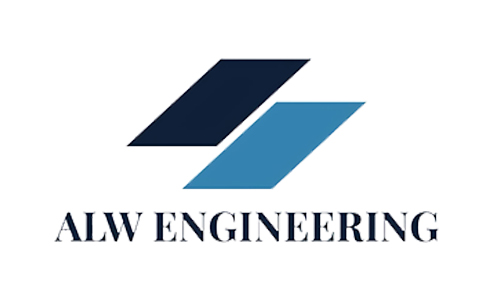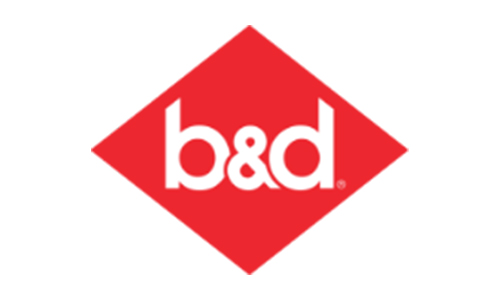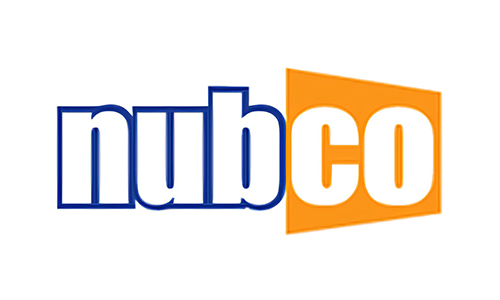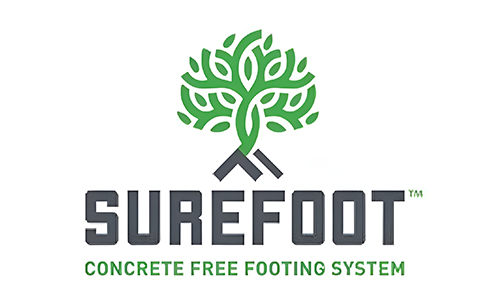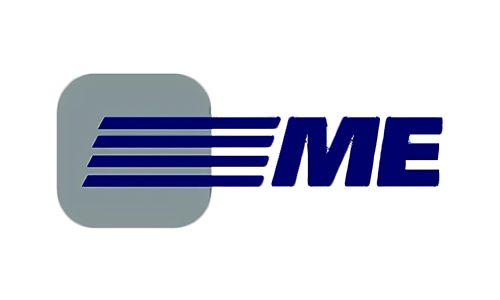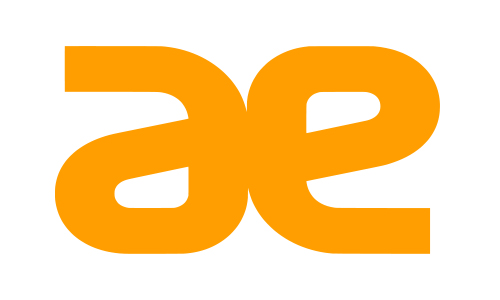Test Only
The variety of portable rebar machines that are available can make it a challenging task if you don’t know what to look out for. It is important to consider a few different factors when purchasing a portable/handheld rebar cutter/bender, such as the volume of work, rebar size, power requirements, and so on. We highlight these points, and more, below.
Key Considerations When Buying a Handheld Rebar Machine
Volume of Work
Portable rebar cutters/benders are not intended for mass production or to be used for prolonged periods. Manual cutters/benders can be used for a long period, but user fatigue will set in eventually. If you intend on cutting/bending a lot of rebar, then it would be best to purchase a larger, industrial-grade rebar machine that can handle your demands. It is not advised to run a portable hydraulic cutter/bender for a long time as the chances of overheating is very high.
Rebar Size and Grade
Portable rebar machines cater for smaller rebar sizes. Be sure to check the specifications of the machine to ensure it can cut/bend the rebar you are working with as the grade of rebar material will also determine the amount of power you need.
Furthermore, the type of rebar machine you use will also dictate the size of rebar you can cut. For example, pneumatic cutters are best suited for rebars that are 16mm in diameter and smaller, whereas hydraulic cutters can cut up to 32mm in diameter with ease.
Bending Styles and Capacities
All portable rebar machinery come with their constraints such as the capacity and the minimum and maximum bending radius and the quantity of rebar’s that can be cut or bent simultaneously. These constraints will determine whether or not a portable machine is suitable for your application.
The capacity of these portable machines generally range from 6mm to 32mm rebar. Consideration should be given to the minimum and maximum bending diameters in order to comply with the building engineering standards.
Power Requirements
Portable hydraulic rebar machines are powered using a single-phase 240VAC supply, meaning that you may need an extension cord if you are not near a power outlet. Alternatively, you could purchase battery-powered rebar machinery, but the bending or cutting capacities will typically be reduced. It is recommended that a spare backup battery pack is purchased so you can put it on charge and keep working with the second battery pack. Some models come with fast-charge capabilities so you will be able to alternate the two battery packs and keep moving forward with your job.
Repair and Maintenance Requirements
Focus on the requirements that are most important to you in rebar cutting and bending machinery. If a machine breaks down or temporarily malfunctions, the ability to repair it without difficulty is crucial to getting a job done in time. The smooth, quick continuation of work means increased productivity.
For most rebar cutters and benders, maintenance is limited and usually only involves ensuring that the machine is kept clean and the tooling, such as the shearing blades, are rotated regularly and kept sharp. It is advisable to confirm with rebar machine specialists to get a realistic estimate of the maintenance which may be required for a specific product.
Types of Handheld/Portable Rebar Machinery
A portable/handheld rebar cutting machine can be used as an alternative to a grinder, thereby, reducing sparks and fire hazards on site. Portable rebar cutting machines are not typically high-production machinery and should not be used for processing large volumes of rebar. Many of these machines use compact 10,000 PSI high-pressure hydraulics or high-torque motors that create excessive heat if used for a prolonged period, thus limiting the operational duty cycle time.
A portable/handheld rebar bending machine is ideal for contractors who intend on bending bars in varying volumes with custom profiles, where outsourcing may not be the most viable option and may add to unpredictable costs and delayed delivery times. Larger rebar machines are available for when high volumes of rebar bending/cutting is required (see our buying guide for industrial rebar machines)
In order to gain a better understanding of the available machinery and the pros and cons of each, let’s take a look at the types of handheld machines that are available on the market, namely, manual, hydraulic, and pneumatic rebar machines. Additionally, we look at a few models under each type:
- Reflex Manual Rebar Bender.
- Standard Bolt Cutters.
- Manual Rebar Combination Machines.
- Diamond Rebar Straightener/Bender.
- Diamond Rebar Cutters.
- Arm Sangyo Powered Bolt Cutter.
- Rapidcut Pneumatic Cutters.
Manual Rebar Machinery
Manual rebar machines are for those who don’t intend on bending or cutting a large amount of rebar. Moreover, these machines have less restrictions when it comes to working in an environment where power is not available nearby as they require manual input from the user. In most cases, these machines have a long lever arm attachment, which helps to decrease the amount of force a user has to put in to cut or bend rebar.
Pros
- Onsite flexibility.
- Portable/handheld.
- Generally light-weight.
- More affordable (assuming you only intended on using it for smaller jobs).
Cons
- Limited cutting or bending capacity (smaller bars only).
- For rebar benders, the bending radius is often restricted.
- Labour intensive.
Reflex 16mm Manual Rebar Bender
The Reflex 16mm Manual Rebar Bender can bend rebar up to a diameter of 16mm (5/8”). The device comes with a simple and easy to use rod bender as well as 50mm, 60mm, and 80mm interchangeable rollers for different radius bends. The unit can be bolted to a stand, benchtop or trailer for better control.
When it comes to purchasing a manual cutter, a bolt cutter will do in some cases where you are cutting small volumes of smaller diameter rebar, but it is best to purchase a dedicated rebar cutter for larger diameters or larger volumes. Additionally, fatigue can set in quickly when using a manual bender due to the amount of input force required by the user. The longer the handle, the easier it is to bend or cut rebar due to a higher moment arm and, therefore, a greater applied force.
Manual Rebar Combination Machines
Manual rebar combination machines are available, which can be used to cut and bend rebar (up to 180 degree bends). The cutting and bending heads can be purchased separately to ensure you only get what you will need for your task. These units can also be mounted for easier operation.
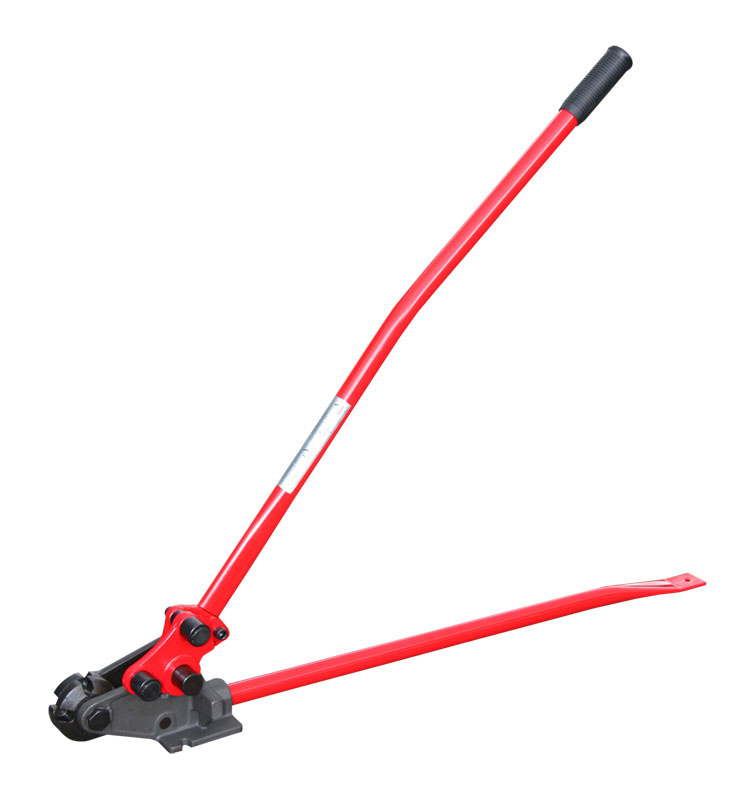
Hydraulic Rebar Machinery
Many manufacturers of rebar machinery produce smaller portable models suitable for contractors that require rebar cutting and rebar bending on the job site or who need to move their machine around the workshop for jobs such as the construction of precast panels and general formwork.
Hydraulic rebar machines are just another, more efficient way of cutting and bending rebar compared to their manual counterparts. These machines have a small footprint and lightweight design, which are easy to use. The best portable rebar benders/cutters are engineered with versatile functions that allow the user to adjust the machine to cater to different size rebars.
Pros
- Onsite flexibility.
- Portable/handheld.
- Less fatigue compared with manual cutters/benders.
- Can be used on a wider range of rebar diameters.
- Increased cutting/bending capacity and speed.
Cons
- Limited capacity and duty cycle.
- Not suitable for constant use or high-volume production.
- Prone to overheating.
It is important to buy a high-quality portable electric rebar cutting or rebar bending machine that is the correct capacity for the application. Here are a few units we pride ourselves in providing.
Diamond DBR32-HD Portable Electric Rebar Straightener/Bender
The Diamond DBR32-HD Portable Electric Rebar Bender/Straightener is a powerhouse, capable of bending/straightening rebars up to 32mm in diameter with a maximum tensile strength of 620 N/mm squared — more than enough to handle your rebar-bending needs.
The rebar machine can bend to a maximum of 90 degrees in 12 seconds. It weighs 27.8kg, which is a bit heavy, but this unit can be used on the ground or mounted on a workbench as required. For onsite use a counterbalance cable can be attached to the lifting eye bolt to help maneuver the machine into position.
However, if you need to bend rebar with a larger diameter, then an industrial stationary rebar bending machine will be required. Alternatively, you could order the larger rebars pre-bent from a dedicated rebar processor.
Diamond DC16W 16mm Rebar Cutter
If you know you will only be working with smaller diameter rebar, then this Diamond rebar cutter is the perfect choice. It is capable of cutting up to 16mm diameter rebar. The cutter can be powered from a standard wall outlet with 240V single-phase power, making this ideal for on-site work where a three-phase supply may not be available. The unit has a cutting speed of 2.5 seconds and is lightweight with a D-style handle for extra control.
If you require a larger cutting capacity, alternative models are available, ranging in size (DC20W 20mm, DC20HL 20mm, DC25W 25mm, DC32WH 32mm). If supply power cables are a concern when working on-site, then battery operated units are the way to go. The Diamond DCC-1618HL 16mm Rebar Cutter will cut 110 pieces before requiring the batteries to be recharged taking just 22 minutes with the fast charger to fully charge the battery.
Arm Sangyo BC16-MH230 Battery Powered Bolt Cutter
Much like the Diamond DCC-1618HL rebar cutter, this Arm Sangyo model can be carried with you wherever you go regardless of a wall outlet. The blades are made of high-speed steel with a titanium coating for increased durability. It can cut rebar up to 16mm 210 times with one battery charge lasting 120 minutes — make sure you purchase an extra battery for when your first one needs charging.
Pneumatic Rebar Machinery
When a compressed air source is readily available on-site, opting for a pneumatic rebar cutter is ideal considering that, over its lifetime use, it requires very little maintenance. Since air is being used to drive the cutting force, there is very little wear and tear on the internal components. Comparably, hydraulic rebar machines are prone to overheating and can leak over time.
Furthermore, some pneumatic rebar cutters have a long stem, thereby, extending the cutting reach and preventing the need to bend over, reducing fatigue and back strain. Lastly, although pneumatic cutters can be used for cutting rebar, generally, up to 16mm in diameter, they are best suited to precast yard and mesh processing facilities.
Pros
- Long reaching length.
- Minimal maintenance.
- Quick and simple to use.
- Fast cutting speed.
Cons
- Requires a compressed air source.
- Limited rebar cutting diameter.
Rapidcut-10L Pneumatic Cutter
The Rapidcut 10 series cutters are fitted with 1260TM cutter heads, which is capable of cutting 10mm diameter steel rebar up to 70kg/mm squared. The unit only weighs 8.5kg and can perform 40 cuts per minute. It requires a compressed air supply of between 6 to 8.5 bar. The air consumption is at 15 litres per cut at 7 bar.
Other Rapidcut models are available, namely, the Rapidcut 12, Rapidcut-12L, and Rapidcut 16. Compared with the Rapidcut-10L, the Rapidcut 16 weighs 18kg, can perform 10 cuts per minute, and consumes 48 litres of air per cut at 7 bar. Although these pneumatic rebar cutters are limited in power, they are more than ideal for 16mm diameter steel rebar and lower. Anything higher than 16mm diameter rebar will require hydraulic cutters.
Conclusion
A few of our favourite portable rebar machinery have been mentioned, making your search for the best rebar machine much easier. These units ranged from our smaller, manual and pneumatic rebar cutters/benders to our larger hydraulic rebar cutters/benders (Rapidcut and Diamond series).
Our guide should equip you with the right information to make an informed decision on a portable/handheld rebar cutter/bender. However, when in doubt, speak to a rebar machine specialist to discuss your project and rebar needs in more detail.

